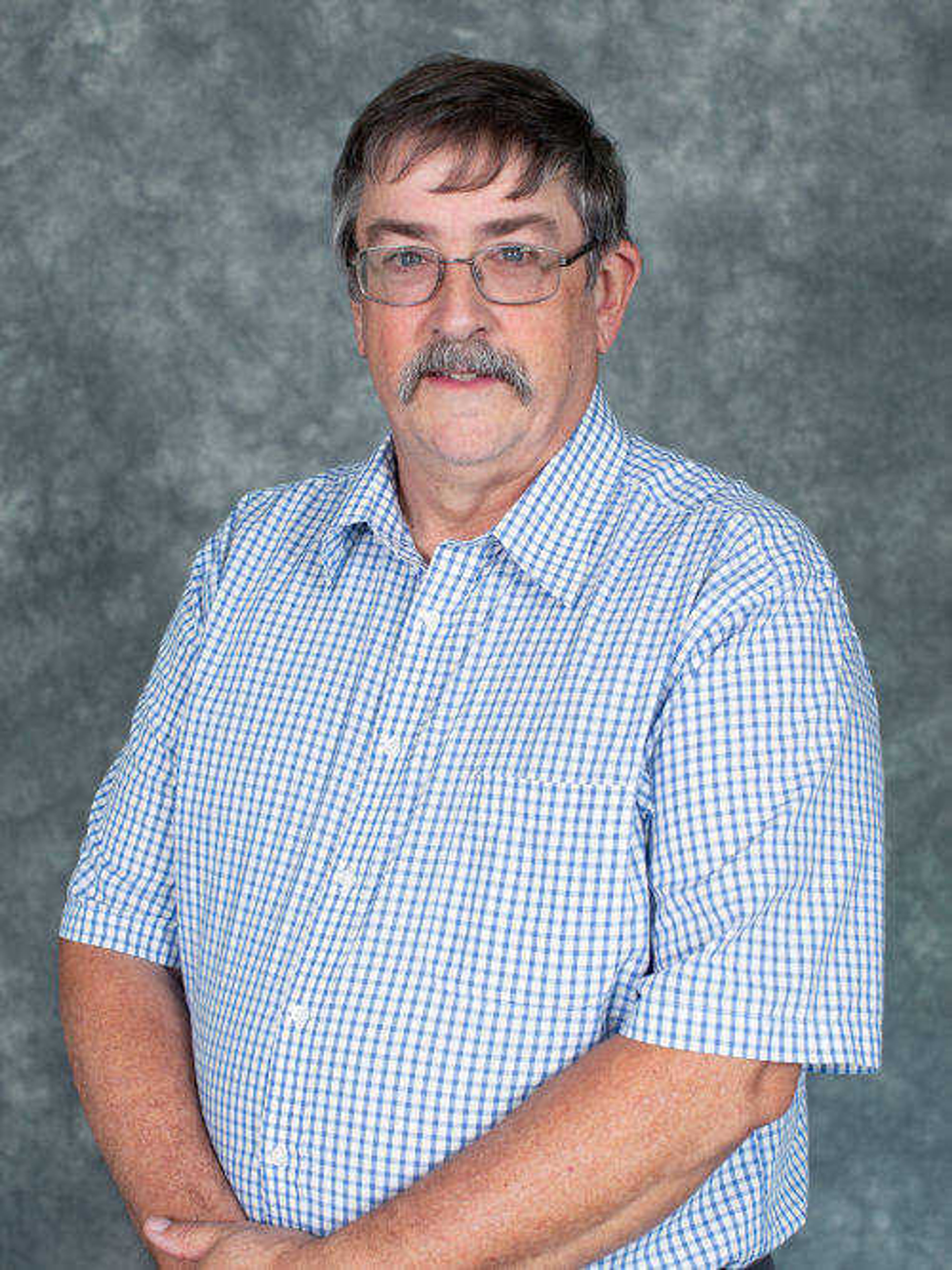There are multiple ways to find and use census information
Census records have become more accessible in recent years thanks to digitization and the Internet. A number of online subscription services offer census, most notably ancestry.com, which is available free at many libraries and archives. FamilySearch is a very useful web site that has, among many other resources, access to censuses. You must set up an account to use the site and access requires logging in each session, but it is free...
Census records have become more accessible in recent years thanks to digitization and the Internet. A number of online subscription services offer census, most notably ancestry.com, which is available free at many libraries and archives. FamilySearch is a very useful web site that has, among many other resources, access to censuses. You must set up an account to use the site and access requires logging in each session, but it is free.
Before accessing the censuses for an ancestor, you should assemble everything you know about the person at the time of the census. This includes birth date, birth place, residence at the time of the census, and a list of other people who should be in or near the ancestor's household. Develop a checklist of gaps in your knowledge of the person so you can look for those in the census.
Most genealogical sites have advanced search options. At best, you can search in all or selected censuses using given name, surname, location, birth location, and/or age (exact or approximate). If you already know or suspect where the person lived in the census year, you can limit the search to that county, the county and surrounding counties, state, or the entire county.
Depending on the site, "wild card" searches are possible. A wild card is a special character that can stand in for unknown or variable characters. The character "*" is used for searches on many sites to substitute for one or more letters. For example, I use "e*d*l*m*n" to search for my surname and account for the various spellings. The character "?" often substitutes for one missing character -- for example, "sm?th?" could be used to locate "Smith" or "Smythe." Other websites may use "%" or other characters as wild cards.
If you can't find an ancestor, and have tried wild cards or alternate spellings of a surname, the next step is to use nicknames, middle names or initials. For example, if you can't find an ancestor named Lorenzo Dow Smith, try looking for L.D. Smith, L. Smith, Lawrence Smith or Dow Smith. Also, try searching for everyone in the location with the same surname. You may find your ancestor used an unknown nickname.
Expand your search to adjacent counties or even states. In our area, people may have moved to Bollinger County or another county in Southeast Missouri (and then later returned), or moved for a time to adjacent areas of Illinois.
If your ancestor had a somewhat unusual given name, you might try searching using their first name only. If the person you are searching for appears to be missing, try finding other family members or known neighbors or friends in nearby households. Another strategy is to search for everyone born in a given year and/or state/country in the place where you think your ancestor lived. You may find that the census taker or indexer made errors.
Finally, if all else fails and you suspect your ancestor lived in a given location, do a line-by-line search. The indexer may have missed them or misinterpreted their name.
Avoid common mistakes in using censuses for genealogy. These include assuming the census-taker was correct and relying on present-day name spellings. If you use transcriptions beware of mistakes. Often, there might be several people with the same name in a given location. Make sure you have the correct one. Make sure you cite the census entry so others can locate it later. This includes the online service you used to find it. If you use a transcription, always confirm by comparing it with the original. Lastly, always record the neighbors for at least 5 to 10 households before and after your ancestor. These may be friends, relatives, or neighbors you might have to research later.
Featured Research Repository
The Cape Girardeau County Historical Society's Research Annex is at 110 S. High St. in Jackson. The Research Annex and nearby History Center (102 S. High St. in Jackson) provide researchers with access to a manuscript collections, regional photographs, regional family histories, regional history book collection, Civil War and other military research resources and digital database research stations. Free archival team assistance supports researchers.
The Research Annex is open Thursday 10 a.m. to 7 p.m. and daily by appointment. There are no research fees. A pre-research call or e-mail is recommended to help prepare for your visit: (573) 979-5170 or cgchistorycenter@yahoo.com.
Connect with the Southeast Missourian Newsroom:
For corrections to this story or other insights for the editor, click here. To submit a letter to the editor, click here. To learn about the Southeast Missourian’s AI Policy, click here.











